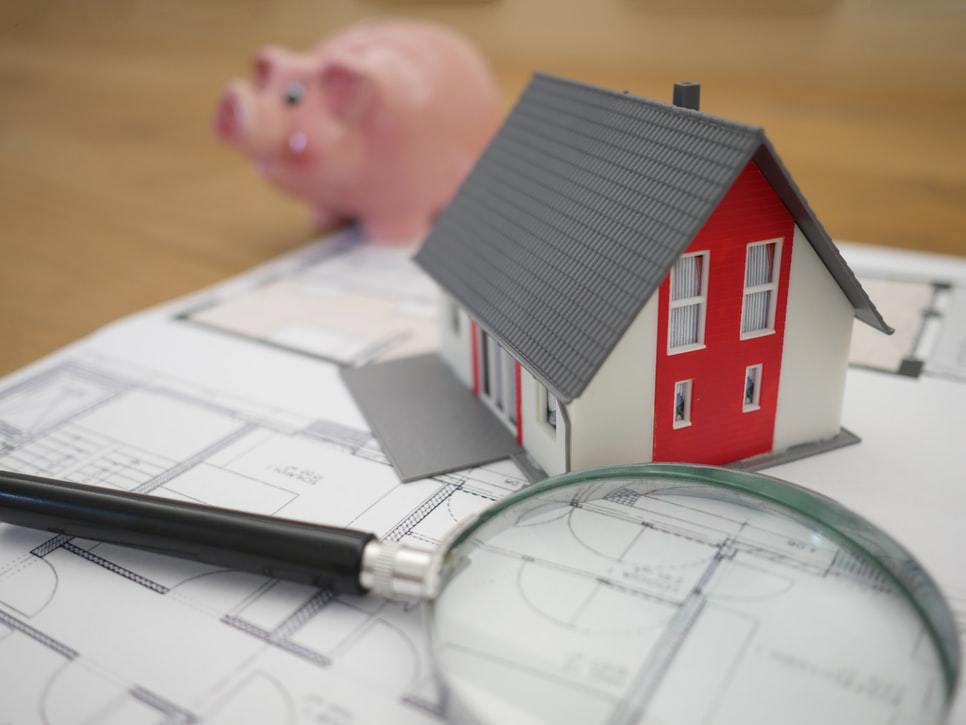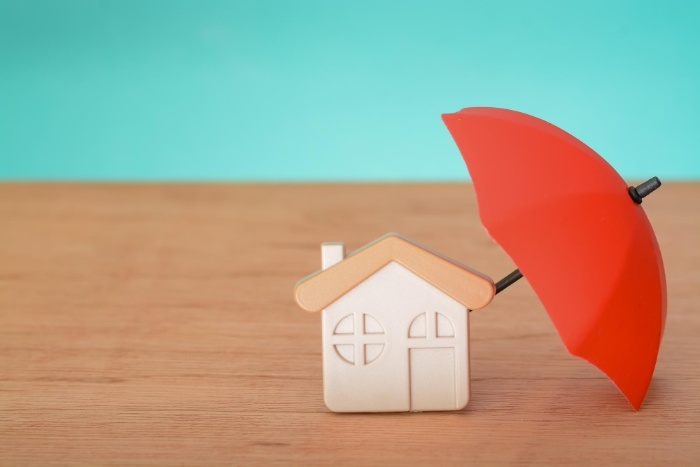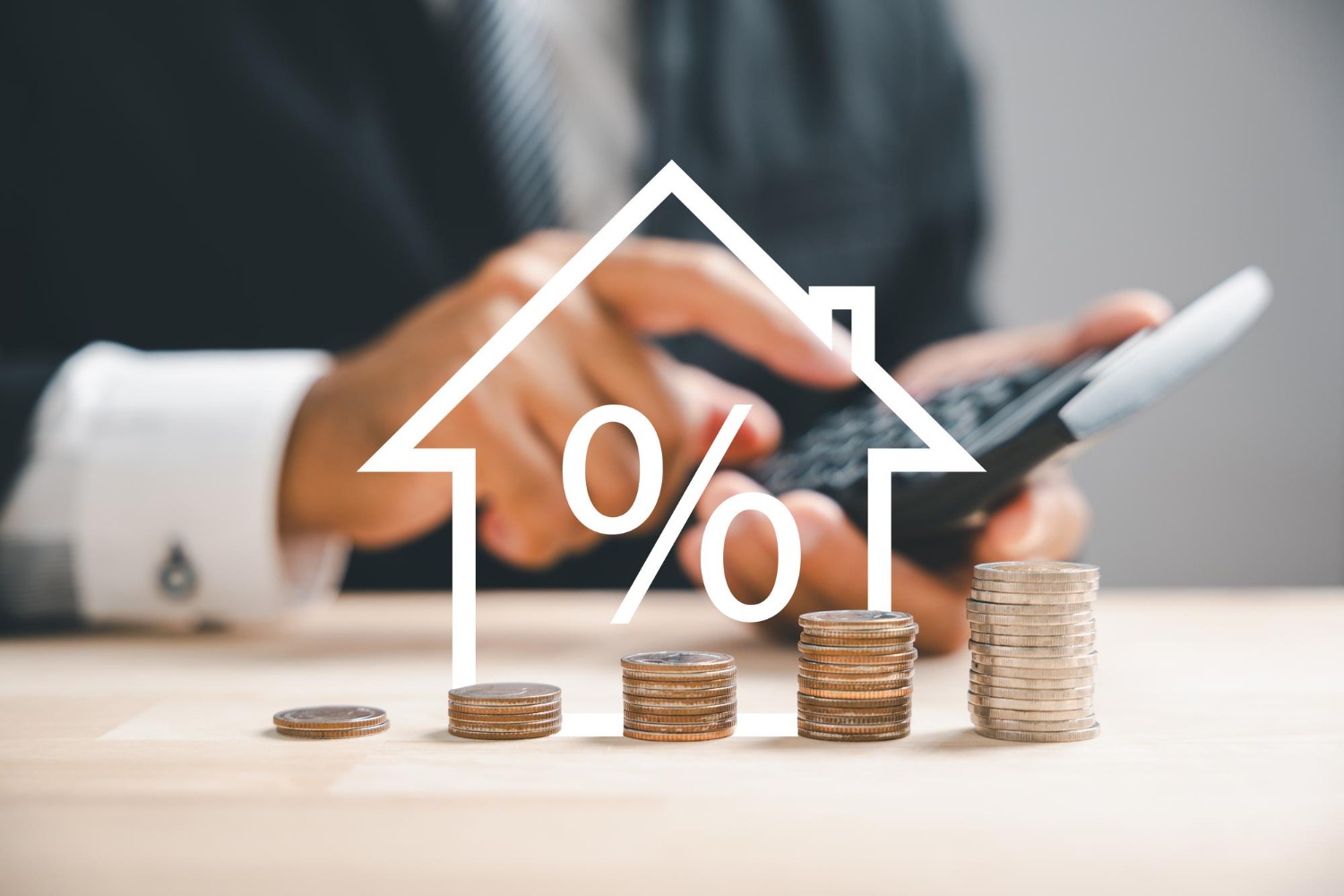
The decision to buy your first home is a great one. Studies have shown that the younger generation is very particular about owning their own home from an early stage onwards. Since these young people are prioritizing homeownership, it’s essential they take a close look at their financials as well.
Buying a home is a major investment, but it’s a do-able feat. However, there are a lot of finances involved in home-buying and many young couples end-up in the loop for not planning well.
Here are some tips to help you in becoming a successful first-time home buyer:
Cash-flows
The first step to thinking of buying a home is to take a birds-eye view of your financials. See how much your income is and how much you are saving out of it. And how much is going on rent? If you aren’t able to come up with a game plan to start saving a nest egg, then you need to postpone thinking of buying a home anytime soon.
You also need to look at your credit history and your CIBIL score. Banks would be hesitant to offer you a loan if you have a poor CIBIL score.
Affordability
Take a good look at your income and figure out how much you can afford to invest in your new home. Research shows that you shouldn’t spend more than 28% of your monthly income on the home loan. This is because there are other expenses too relating to property taxes, change of title deed, moving costs, maintenance, insurance, etc.
Emergency fund
Being a homeowner is grossly different from being a renter. You have to deal with any housing issues that crop up by yourself. For this, you will need to build up a nest-egg about the size of a six month worth of income stashed away for emergencies.
Down-payment
The larger the down-payment, the smaller is your loan amount and the monthly EMIs. Ideally, around 20% is a good amount to put down towards your home payment.
Neighbourhood
Now that your finances are in order, you can go home-shopping. The location and neighbourhood are important factors. Take a stroll around the area during the day and night times to see what you are getting into. No point in buying a great home if it’s in a terrible neighbourhood.
Closing process
Once you are comfortable with the home, its location, and its cost, get down to check out the paperwork. Ensure that the builder has taken all the necessary permits before signing on the dotted lines.












